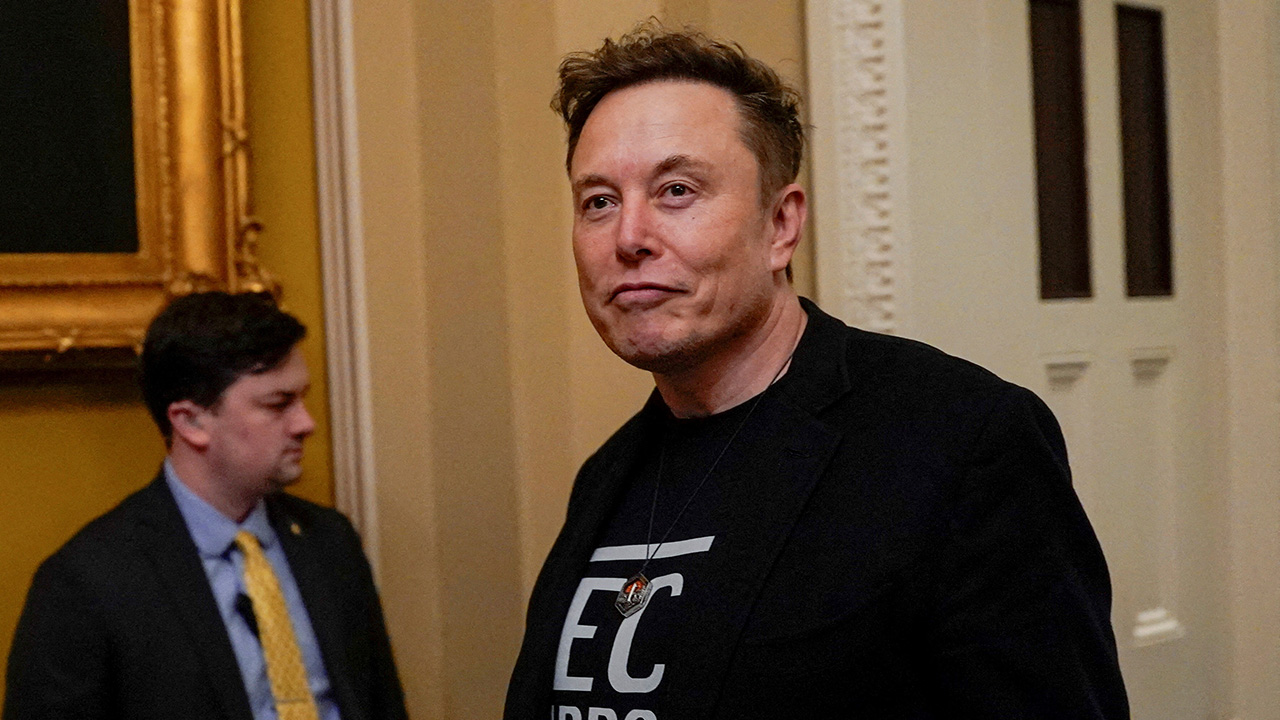The Implication on EU Trade after Trump’s announcement of universal tariffs


On April 2, 2025, President Donald Trump announced the implementation of extensive tariffs on imports from several major trading partners, including the European Union (EU) and the United Kingdom (UK). These tariffs are set at 20% on EU goods and 10% on UK goods, with a notable 25% tariff on all foreign-made automobiles. The administration justifies these measures as necessary to address perceived unfair trade practices and to stimulate domestic manufacturing. Latest news & breaking headlines+2The Guardian+2The Irish Sun+2
Implications for Ireland and the EU:
Ireland, as an integral member of the EU, faces significant economic challenges due to these tariffs. The United States is a crucial trading partner for Ireland, with exports to the U.S. valued at approximately €54 billion, accounting for nearly one-third of Ireland’s total goods exports. The newly imposed 20% tariff on EU goods is expected to adversely affect key Irish industries, particularly pharmaceuticals and food and beverage sectors.The Irish Times
-
Pharmaceutical Industry: This sector represents a substantial portion of Ireland’s exports to the U.S. The introduction of a 20% tariff could lead to decreased competitiveness of Irish pharmaceutical products in the U.S. market, potentially resulting in reduced revenues and job losses within the industry. The Irish Times+1The Guardian+1Latest news & breaking headlines+2The Irish Sun+2New York Post+2
-
Food and Beverage Industry: Notably, products like Irish whiskey and dairy are significant exports to the U.S. The tariffs may lead to higher prices for these goods in the American market, potentially diminishing demand and negatively impacting producers in Ireland. The Irish Times
A report by the Economic and Social Research Institute (ESRI) suggests that a trade conflict involving such tariffs could result in a 3.7% reduction in Ireland’s GDP over the next five to seven years, equating to a potential economic loss exceeding €18 billion. This downturn could lead to job losses and may prompt U.S. multinationals to reconsider their operations in Ireland. The Guardian+1The Irish Times+1
Impact on the United Kingdom:
The UK, having exited the EU, is subject to a 10% tariff on its exports to the U.S. While this rate is lower than that imposed on the EU, it still poses significant challenges for British industries, especially in manufacturing and automotive sectors.Latest news & breaking headlines
-
Automotive Industry: The 25% tariff on foreign-made automobiles directly affects UK car manufacturers. This could lead to increased prices for British cars in the U.S., potentially reducing demand and impacting production and employment within the sector. The Irish Times+3The Guardian+3The Irish Sun+3
-
Steel and Aluminum Industries: The UK steel industry, which exports a notable portion of its products to the U.S., faces a 25% tariff. This development raises concerns about potential job losses and the overall viability of the industry. The Independent
In response, the UK government has initiated consultations with businesses to assess potential retaliatory measures and to explore strategies to mitigate the impact of these tariffs. Business Secretary Jonathan Reynolds emphasized the importance of a measured approach, highlighting ongoing negotiations aimed at securing favorable trade terms. Financial Times+1The Independent+1
Broader Economic and Political Reactions:
The announcement of these tariffs has elicited strong reactions globally. European leaders, including Irish Taoiseach Micheál Martin, have condemned the measures as unjustified and harmful to international trade relations. The EU is contemplating countermeasures, which could escalate into a broader trade conflict. The Irish Sun
Economists warn that such tariffs could lead to increased costs for consumers, supply chain disruptions, and a slowdown in global economic growth. The potential for retaliatory tariffs further exacerbates these concerns, with industries across various sectors bracing for the impact.
In summary, President Trump’s implementation of universal tariffs introduces significant challenges for both Ireland and the UK. Key industries, notably pharmaceuticals, food and beverage, automotive, and steel, are at risk of substantial economic repercussions, including job losses and decreased competitiveness in the U.S. market. The situation remains fluid, with ongoing diplomatic efforts aimed at resolving the emerging trade tensions.
The post The Implication on EU Trade after Trump’s announcement of universal tariffs appeared first on European Business & Finance Magazine.
















































